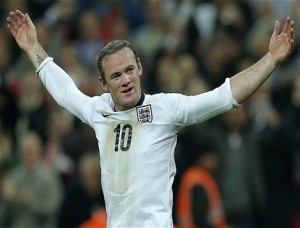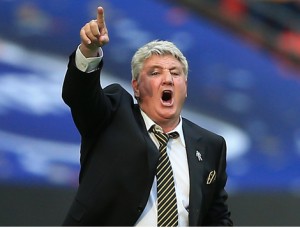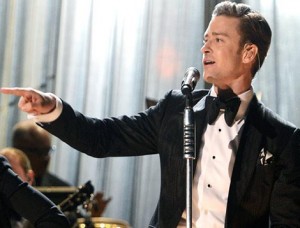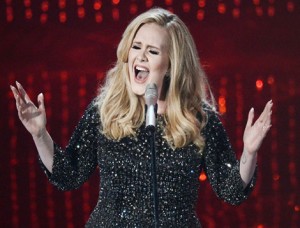Terry found guilty of racial abuse by FA
Chelsea captain John Terry has been banned for four matches and fined £220,000 after being found guilty of racially abusing QPR’s Anton Ferdinand by a Football Association independent regulatory commission.
Terry denied the charge but the commission ruled that he was guilty of misconduct during Chelsea’s Premier League defeat at QPR on October 23 last year.
The FA confirmed the result in a statement: “An Independent Regulatory Commission has today [Thursday 27 September 2012] found a charge of misconduct against John Terry proven and has issued a suspension for a period of four matches and a fine of £220,000, pending appeal.
proven and has issued a suspension for a period of four matches and a fine of £220,000, pending appeal.
“The Football Association charged Mr Terry on Friday 27 July 2012 with using abusive and/or insulting words and/or behaviour towards Queens Park Rangers’ Anton Ferdinand and which included a reference to colour and/or race contrary to FA Rule E3[2] in relation to the Queens Park Rangers FC versus Chelsea FC fixture at Loftus Road on 23 October 2011.
charged Mr Terry on Friday 27 July 2012 with using abusive and/or insulting words and/or behaviour towards Queens Park Rangers’ Anton Ferdinand and which included a reference to colour and/or race contrary to FA Rule E3[2] in relation to the Queens Park Rangers FC versus Chelsea FC fixture at Loftus Road on 23 October 2011.
A spokesman for Terry said the player was “disappointed” the FA had reached a “different conclusion” to the “not guilty verdict of a court of law”.
In July, the ex-England skipper, 31, was cleared by Westminster Magistrates’ Court of racially abusing Ferdinand.
The Terry statement continued: “He has asked for the detailed written reasons of the decision and will consider them carefully before deciding whether to lodge an appeal.Terry will have 14 days on whether to lodge an appeal. The ban and fine will not come into effect until after the centre-half has decided what to do.
Terry admitted using the word “black” and swearing at Ferdinand but insisted he had only been repeating words he thought the Rangers defender had accused him of saying.
The FA’s decision to press ahead with their own charges led Terry, on the eve of the hearing, to announce he was retiring from international football with immediate effect, saying his position had become “untenable”.
Terry’s legal team argued the governing body’s own rules dictated that his acquittal in court meant the case could not proceed but the FA believed their charge was distinct from the court charge.









